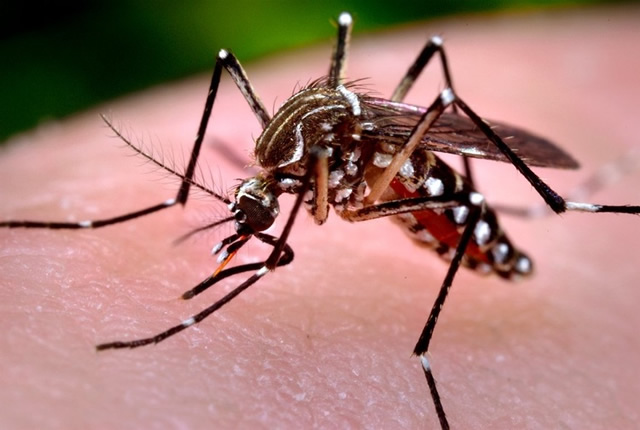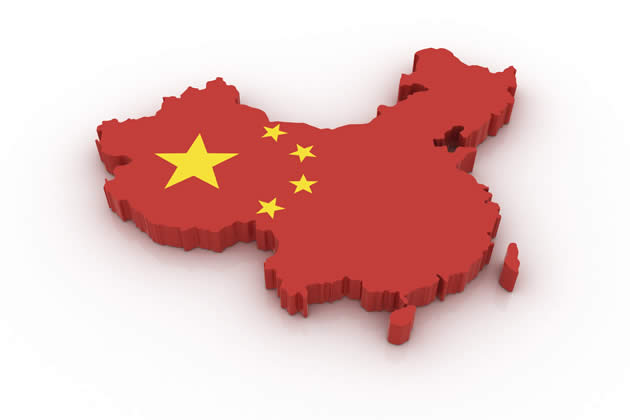Study shows dried leaves cure malaria

An attending physician in a clinic in Congo has helped 18 people diagnosed with malaria to fully recover by just using dried leaves. Although it is not yet prescribed because it has not been approved yet, this attempt offers hope to address the problem of drug-resistant disease.
This was documented in a paper called “Artemisia annua dried leaf tablets treated malaria resistant to ACT and i.v. artesunate: case reports as published in Science Direct.”
The paper indicates that the physician in Congo has acted under the “compassionate use” doctrine and used the dried leaves of Artemisia annua plant in healing 18 critically ill patients after the standard malaria medications failed to heal them.
The paper was made by an international team which was led by Pamela Weathers, a biology and biotechnology professor at Worcester Polytechnic Institute.
She also pioneered the use of dried leaves of Artemisia annua as a therapy for malaria. The authors of the paper have noted that in their knowledge, this is the first report of dried-leaf Artemisia annua healing drug-resistant malaria in humans.
They also said that there is a need for more comprehensive clinical trials on patients with drug-resistant malaria that are warranted, as published on the official website of Worcester Polytechnic Institute.
“Successful treatment of all 18 ACT-resistant cases suggests that DLA should be rapidly incorporated into the antimalarial regimen for Africa,” the research team said.
They added that it is possible in places where ACT resistance has emerged. The document also reported the experience of 18 patients in the North Kivu province of Congo who showed symptoms of malaria and was originally treated with the usual medication.
These medications are artemisinin-based combination therapy (ACT), which blends artemisinin, a chemical extract from Artemisia annua, and with drugs attacking malaria parasite in various ways.
These 18 patients range from ages 14 months to 60 years old. It was reported that they did not respond to the standard treatment and lapsed to severe malaria after they were observed with loss of consciousness, respiratory distress, pulmonary oedema, and convulsions. Worse, a five-year-old child became comatose.
After this method was ineffective, they were treated with intravenously administered artesunate, the front-line medication for severe cases of malaria. Unfortunately, there were no signs of improvements.
The doctors used dried-lead Artemisia, a therapy that was developed and studied extensively by the team at WPI. After five days of treatment with tablets created from dried and powdered leaves, all 18 patients were fully recovered. — www.sciencetimes.com.










Comments